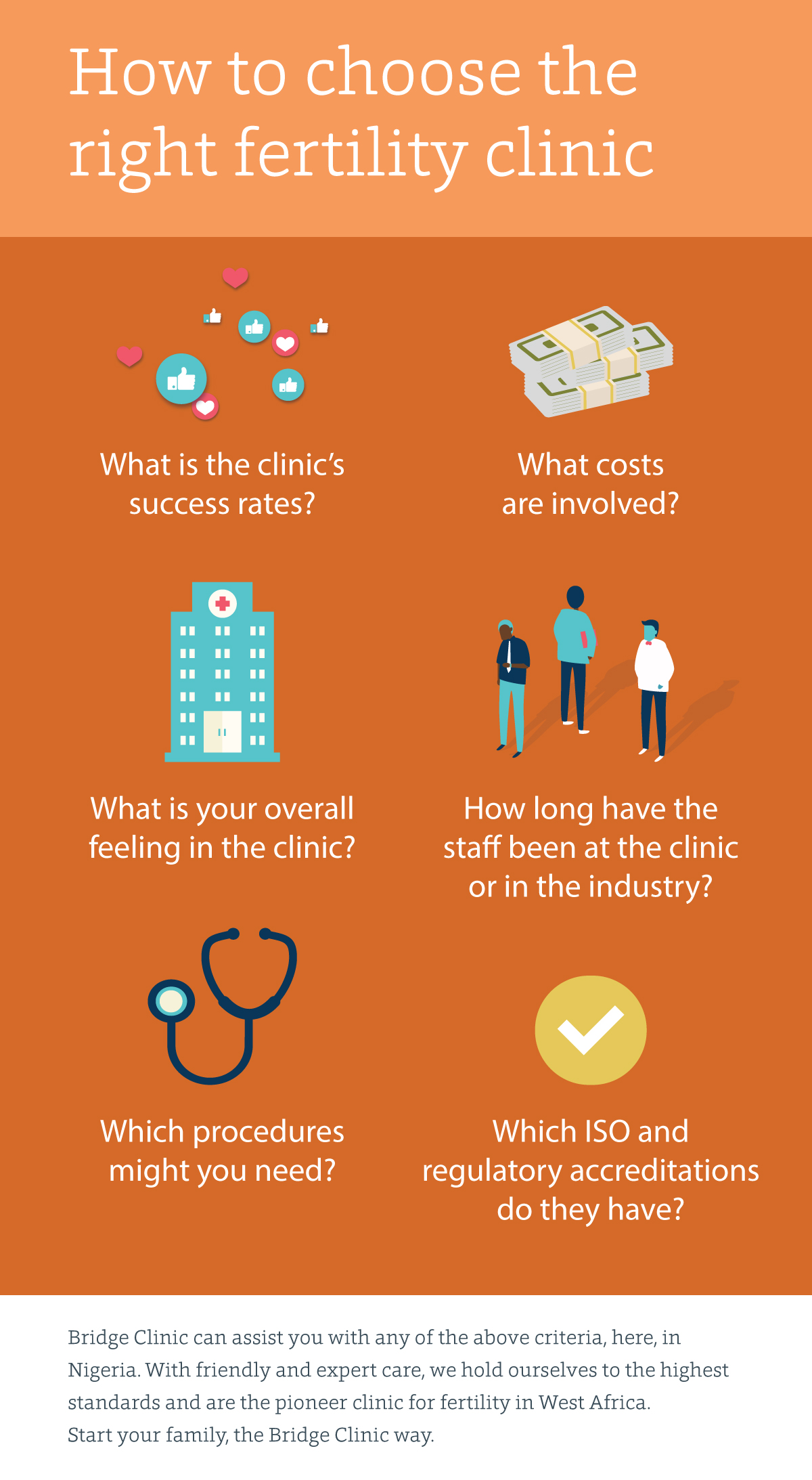All Categories
Featured
Table of Contents
How Do I Find A What Is Fertility Center New Mexico Service?
Lots of people need fertility help. This consists of men and females with infertility, many LGBTQ people, and single people who desire to raise kids. An estimated 10% of women report that they or their partners have ever received medical help to become pregnant. Despite a need for fertility services, fertility care in the U.S.

Most of the time, fertility services are not covered by public or personal insurance companies. Fifteen states require some private insurers to cover some fertility treatment, but substantial gaps in coverage stay. Only one state Medicaid program covers any fertility treatment, and no Medicaid program covers synthetic insemination or in-vitro fertilization.

This suggests that in the lack of insurance coverage, fertility care is out of reach for lots of individuals. Fewer Black and Hispanic females report ever having utilized medical services to conceive than White females. This is a result of lots of elements, consisting of lower incomes on average among Black and Hispanic ladies as well as barriers and misconceptions that might deter ladies from seeking support with fertility.
What Do I Need To Know To Hire A Fertilization Center Albuquerque Nm?
Transgender individuals going through gender-affirming care may also not meet requirements for "iatrogenic infertility" that would certify them for covered fertility conservation. Lots of people require fertility support to have children. This could either be due to a diagnosis of infertility, or because they remain in a same-sex relationship or single and desire children.

Fertility treatments are pricey and typically are not covered by insurance coverage. While some personal insurance coverage plans cover diagnostic services, there is very little protection for treatment services such as IUI and IVF, which are more pricey. The majority of people who use fertility services must pay of pocket, with expenses typically reaching thousands of dollars.
About 25% of the time, infertility is brought on by more than one element, and in about 10% of cases infertility is unexplained. Infertility estimates, however do not represent LGBTQ or single individuals who may also need fertility help for family building. Therefore, there are diverse factors that might trigger individuals to seek fertility care. affordable dumpster rental.
What Is The Best Ivf Clinics Near Me New Mexico Company?
Patient Information Series. 2017 Our analysis of the 2015-2017 National Study of Household Growth (NSFG) finds that 10% of women ages 18-49 state they or their partner have ever talked to a medical professional about ways to help them conceive (data disappointed).3 Amongst females ages 18-49, the most typically reported service is fertility guidance ().
Many clients lack access to fertility services, largely due to its high expense and minimal coverage by personal insurance and Medicaid. As an outcome, many individuals who utilize fertility services should pay of pocket, even if they are otherwise insured. Expense expenses vary commonly depending on the client, state of residence, service provider and insurance coverage plan (dumpster rental prices near me).
Figure 3: Fertility Treatments Usually Expense Patients Countless Dollars Insurance protection of fertility services varies by the state in which the individual lives and, for people with employer-sponsored insurance, the size of their employer. Numerous fertility treatments are ruled out "medically needed" by insurance provider, so they are not generally covered by private insurance strategies or Medicaid programs.
How Much Should I Pay For Reproductive Clinic Near Me Albuquerque Nm Services?
g., screening) are most likely to be covered than others (e. g., IVF). A handful of states need protection of fertility services for some fully-insured private strategies, which are regulated by the state. These requirements, nevertheless, do not use to health plans that are administered and moneyed straight by employers (self-funded strategies) which cover 6 in 10 (61%) employees with employer-sponsored medical insurance.
Two states (CA and TX7) require group health plans to use at least one policy with infertility coverage (a "mandate to provide"), however employers are not required to choose these strategies. Figure 4: Most States Do Not Require Personal Insurance Providers to Provide Infertility Benefits However, in states with "required to cover" laws, these only apply to particular insurers, for particular treatment services and for certain clients, and in some states have monetary caps on costs they should cover ().
In other states, practically all insurance providers and HMOs are consisted of in the mandate (cheapest dumpster rental). Lots of states offer exemptions for little companies (
Latest Posts
What Is The Best Surrogate Clinics Near Me New Mexico Program?
Which Is The Best Fertility Reproductive Center Albuquerque Nm Plan
The Best Infertility Center Albuquerque Nm?